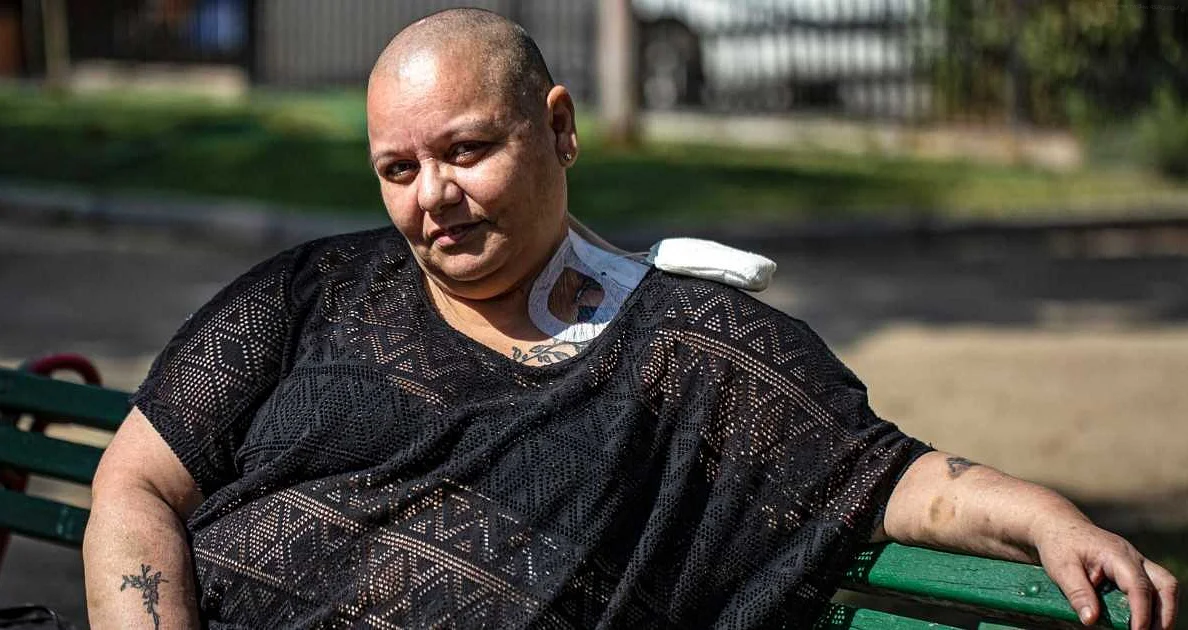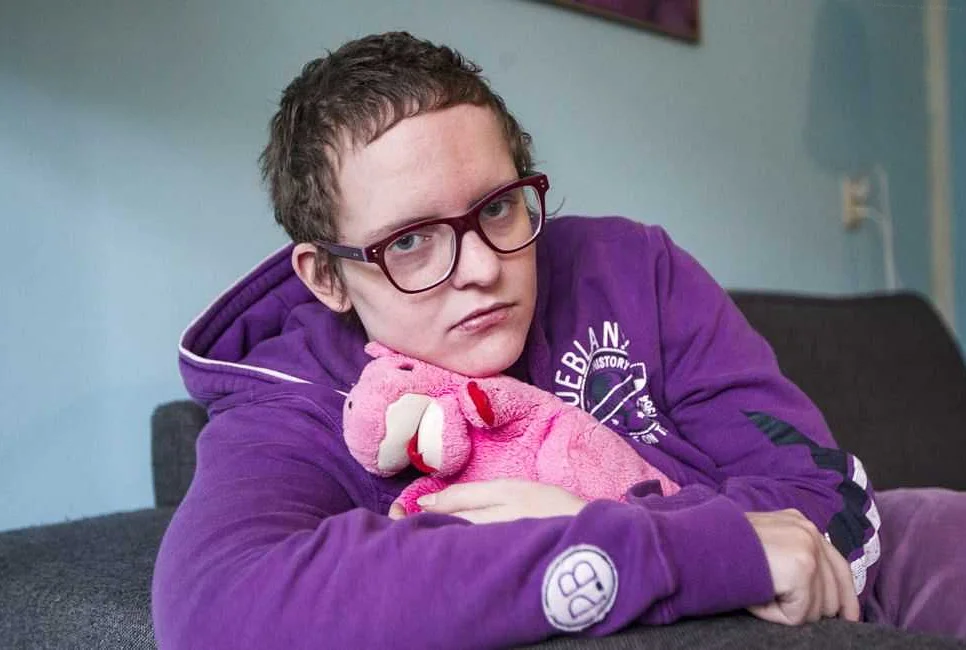Holland to Allow Euthanasia for Healthy People
Содержимое
Find out about Holland’s controversial plans to legalize euthanasia for healthy individuals, sparking a heated debate on the ethics and morality of assisted suicide.
The Netherlands, known for its progressive stance on social issues, is once again making headlines with its latest controversial plan. The country is considering legalizing euthanasia for healthy individuals who have a desire to end their lives. While euthanasia is already legal in the Netherlands for those suffering from unbearable pain or terminal illnesses, this proposed legislation would extend the right to die to those who are mentally and physically healthy.
This plan has sparked a heated debate among experts, ethicists, and citizens alike. Proponents argue that individuals have the right to autonomy and should be able to make decisions about their own lives, even when it comes to choosing death. They believe that mental suffering can be just as unbearable as physical pain and should be a valid reason for requesting euthanasia.
Opponents, however, express concern about the potential for abuse and the slippery slope that this legislation could create. They worry that allowing euthanasia for healthy individuals could undermine the value of life and put vulnerable populations at risk. There are also concerns about the psychological well-being of those who would choose euthanasia, as well as the impact on healthcare professionals who would be responsible for carrying out these requests.
Holland’s History with Euthanasia

Netherlands has a long history with euthanasia, which is the practice of intentionally ending a person’s life to relieve their suffering. In 2002, the country became the first in the world to legalize euthanasia under certain strict conditions. This law allows doctors to perform euthanasia for patients who are experiencing unbearable suffering with no hope of improvement.
Before the legalization of euthanasia, Netherlands had a policy of non-prosecution for doctors who performed euthanasia, as long as they followed certain guidelines. This policy started in the 1970s and was a response to a growing interest in patient autonomy and the right to die with dignity. The legalization of euthanasia in 2002 was a result of this long-standing tolerance and acceptance of the practice.
Since the legalization, the number of euthanasia cases in Netherlands has been steadily increasing. In 2019, there were 6,361 cases of euthanasia reported, which accounted for approximately 4.2% of all deaths in the country. The majority of these cases involved patients with terminal illnesses, such as cancer or neurodegenerative diseases.
However, the debate on euthanasia in Netherlands is far from settled. Some argue that the current law is too permissive and raises concerns about the potential for abuse and the slippery slope towards euthanasia for non-terminal conditions. Others believe that euthanasia is a compassionate and necessary option for those who are suffering and have no hope of improvement.
Overall, Netherlands’ history with euthanasia provides a unique perspective on the ethical and legal considerations surrounding this controversial practice. It serves as a case study for countries that are considering legalizing euthanasia and highlights the importance of careful regulation and ongoing debate to ensure the protection of vulnerable individuals.
The Controversial Proposal
The proposal put forth by Holland to allow euthanasia for healthy individuals has ignited a heated debate both within the country and around the world. Opponents argue that this plan goes against the sanctity of life and opens the door to a slippery slope, where the definition of “healthy” could be easily skewed.
Proponents, on the other hand, argue that this proposal is a matter of personal autonomy and the right to die with dignity. They believe that individuals should have the choice to end their lives in a peaceful manner, even if they are not suffering from a terminal illness.
However, critics worry about the potential for abuse and coercion. They fear that vulnerable individuals, such as the elderly or disabled, may feel pressured to choose euthanasia even if they are not truly healthy or have other options available to them.
- One of the main points of contention is the criteria for determining “health.” Some argue that the proposal should only apply to individuals with incurable diseases or unbearable suffering, while others believe that mental health conditions or simply a desire to die should be sufficient.
- Another concern is the impact on the doctor-patient relationship. Physicians who are morally opposed to euthanasia could face a dilemma if they are required to perform the procedure or refer their patients to another doctor who will.
- The potential for legal and ethical implications is also a significant factor. The proposal raises questions about the role of government in determining life and death decisions and the potential erosion of protections for vulnerable populations.
As the debate continues, Holland’s proposal has prompted discussions about the ethics of euthanasia and the limits of personal autonomy. The outcome of this controversial proposal will have far-reaching implications for both Holland and the global community.
Arguments in Favor of the Proposal

Supporters of Holland’s controversial plan to allow euthanasia for healthy individuals argue that it is a matter of personal autonomy and individual choice. They believe that individuals should have the right to make decisions about their own lives, including the choice to end their life if they are suffering or no longer find meaning in it.
Another argument in favor of the proposal is that it would provide a compassionate and humane option for those who are living with incurable illnesses or experiencing unbearable suffering. Euthanasia could offer them a peaceful and dignified death, rather than forcing them to endure unnecessary pain and suffering.
Proponents of the plan also argue that legalizing euthanasia for healthy individuals would create a transparent and regulated system, ensuring that the process is carried out safely and responsibly. They believe that by legalizing euthanasia, it can be properly monitored and safeguards can be put in place to protect against abuse.
Additionally, some proponents of the proposal argue that legalizing euthanasia for healthy individuals could help alleviate the burden on healthcare systems and resources. By allowing individuals who no longer wish to live the option to end their life, it could free up resources and healthcare professionals to focus on patients who are in need of medical treatment and care.
In conclusion, those in favor of Holland’s controversial plan to allow euthanasia for healthy individuals believe that it is a matter of personal autonomy, compassion, and resource allocation. They argue that individuals should have the right to choose how they live and die, and that legalizing euthanasia can provide a humane option for those who are suffering or no longer find value in their lives.
Arguments Against the Proposal
While proponents of Holland’s plan argue that it offers individuals autonomy and control over their own lives, there are several compelling arguments against the proposal. These arguments highlight potential risks and ethical concerns that could arise if euthanasia were to be allowed for healthy individuals.
| 1. Slippery slope: Allowing euthanasia for healthy individuals could open the door to abuse and a slippery slope towards euthanasia becoming a default option for those who are merely experiencing temporary difficulties or mental health issues. |
| 2. Value of life: Euthanasia fundamentally challenges the sanctity of life by suggesting that some lives are not worth living. This undermines the inherent value and dignity of every human life, regardless of health or ability. |
| 3. Inadequate safeguards: There is a risk that the safeguards put in place to protect vulnerable individuals may not be sufficient. Misdiagnosis, coercion, or the inability to accurately predict future suffering could result in unjustified euthanasia decisions. |
| 4. Impact on society: Legalizing euthanasia for healthy individuals could have a negative impact on society as a whole. It may erode trust in the medical profession, lead to a devaluation of human life, and create a culture where death is seen as a solution rather than life-affirming support. |
In conclusion, while the proposal to allow euthanasia for healthy individuals may seem compassionate and empowering at first glance, there are significant arguments against its implementation. These arguments emphasize the potential risks, ethical concerns, and societal impacts that could arise from such a policy.
International Response to Holland’s Plan

The Netherlands’ controversial plan to allow euthanasia for healthy individuals has garnered strong reactions from around the world. While some countries have expressed support for the decision, many others have voiced concerns and objections.
Supporters of the plan argue that it is a compassionate and humane approach to end-of-life care, promoting personal autonomy and the right to die with dignity. They believe that individuals who are suffering mentally or emotionally should have the choice to end their lives, even if they are not terminally ill.
However, critics argue that allowing euthanasia for healthy individuals sets a dangerous precedent and undermines the sanctity of life. They worry that the criteria for determining who is eligible for euthanasia could be expanded over time, leading to potential abuses and the devaluation of human life.
Several countries, such as Belgium and Luxembourg, have already legalized euthanasia under certain conditions, and they expressed support for the Netherlands’ plan. They argue that it is a matter of personal freedom and that individuals should have the right to make decisions about their own lives and deaths.
On the other hand, countries like Germany, Italy, and the Vatican have strongly criticized the plan, citing ethical and moral concerns. They emphasize the importance of protecting and preserving life, particularly the vulnerable and those who may be coerced into choosing euthanasia.
The international response to Holland’s plan highlights the ongoing debate surrounding euthanasia and the complex ethical considerations involved. As the Netherlands moves forward with their controversial decision, it is likely that the global conversation will continue to evolve and shape the future of end-of-life care policies worldwide.